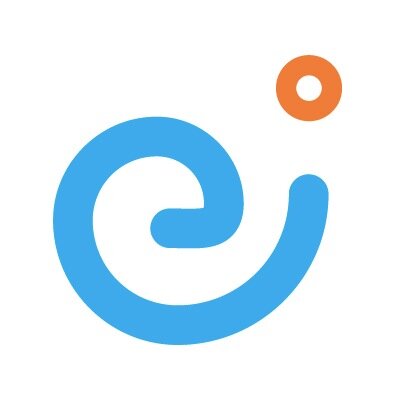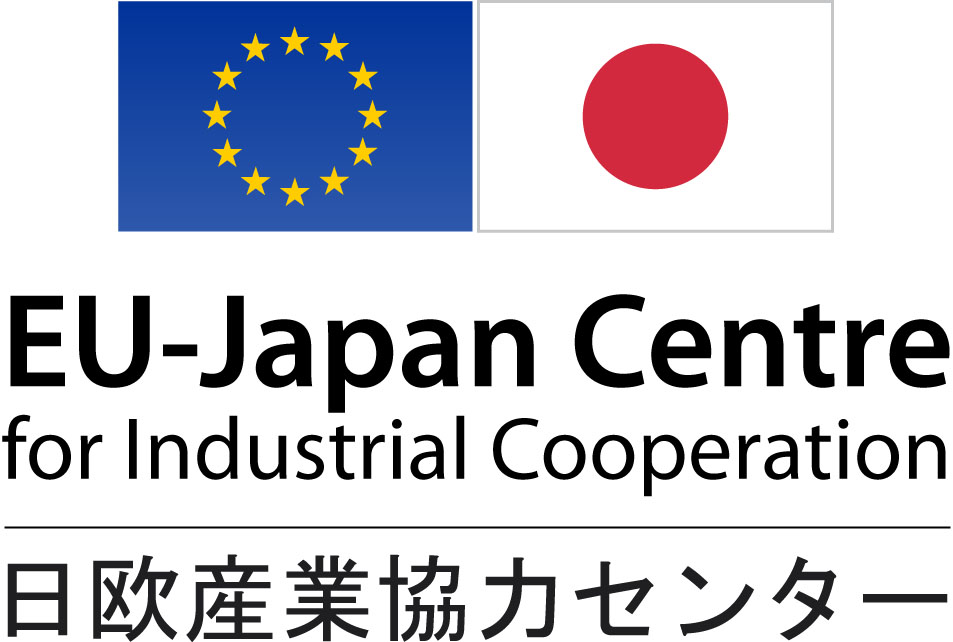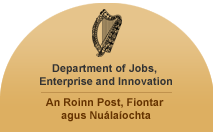
2015 Dublin LEAN Summit - Driving Competitiveness
2015 Dublin LEAN Summit Friday, 22 May 2015 – Dublin, Ireland
To compete effectively in global markets, it is essential that companies deliver quality products and services and to do that they need to build the capabilities of their people and improve their processes. A crucial part of industrial competitiveness is the adoption and use of best practices.
Enterprise Ireland and the EU Japan Centre once again co-operated to organise the 2015 Dublin LEAN Summit. For the final event agenda, click here. Enterprise Ireland is the government organisation responsible for the development and growth of Irish enterprises in world markets. The event is supported by the EU-Japan Centre for Industrial Cooperation and by the Department of Jobs, Enterprise and Innovation of Ireland.
Best practice case studiesThe Summit brought together 90 leading companies, including many household names, from Europe, Japan and Ireland to share their experience of what works and what doesn't work in the relentless quest for global competitiveness. The range of case studies was diverse and included large and small companies, service providers, companies working in the construction, food, pharmaceuticals / healthcare, precision engineering, design, automotive and other sectors, together with companies that have won international Lean awards. The presentations did not just focus on the application of best practices in production areas, but looked at improvement activities across all business operations. The journey to competitiveness never-ending. To know whether your company is truly competitive or not, you must benchmark it against other firms. An important part of benchmarking is seeing and understanding the Lean tools and techniques used by other companies, including those operating in very different sectors, and assessing whether there is any way those tools and techniques can be adapted and applied in your company. The 2015 Dublin LEAN Summit gave participants that opportunity. Case studies included: ABP, ADS-Takumi, Aer Lingus, Aerogen, Alkermes, Astellas, Aurivo, AVEX Co. Ltd, Barclay, Bimeda, Bosch Thermotechnology, C&D, Carbery, Combilift, CRAFT, DairyGold, DataDisplay, Dawn Meats, DawnFarms, DePuy, DHL Supply Chain, DirectSKi, Dromone, EPS, FIAT, GlenPatrick, IBM&Facilities, INI3, Intel&Mercury, Interface, Irish Dairy Board, Keelings, Kepak, Kerry Foods, Klassman, KOSTWEIN Maschinenbau GmbH, Lake Region, Lean Cons Edu, LEGO Systems A/S, Lily O'Brien, Moy Park, Nightline, North Cork, NutriBio, Openet, OSG, Pfizer, Rosderra, Schaeffler, Schivo, Siemens Healthcare Diagnostics Manufacturing Ltd, Steripack, Toyota Motor Manufacturing UK, UL Enterprise Excellence, Volkswagen and Zimmer. The Summit was the fifth in a series. Previous best practice conferences were organised by Enterprise Ireland and the EU-Japan Centre in 2013, 2011, 2006 and 2004.
Other Lean activitiesThe Summit is part of Enterprise Ireland's strategy and commitment to enhancing the competitiveness of Irish industry. Enterprise Ireland supplies companies with a range of Lean tools and techniques to help them address and improve internal factors over which they have control and can affect. Since 2009, 670 companies have benefited from Lean Business initiatives, enabling companies to make annual savings such as labour productivity gains, reductions in labour costs, reduction in packaging line cycle time, reductions in costs per unit, increasing throughput levels on sorting lines, etc. Similarly, the EU-Japan Centre for Industrial Cooperation provides Lean activities including:
Competitiveness - a policy priority for Ireland and the EUOpening the 2013 event, the Irish Minister for Agriculture, Food and the Marine, Mr. Simon Coveney recognised, "Competitiveness is fundamental to success. The focus on Lean Business is key for companies as they seek to compete and win in global markets. Businesses across all sectors need to operate at world-class levels of performance to secure and grow their share of export sales". That view is shared by the European Commission. The European Union recognises raising industrial competitiveness is essential if Europe is to undergo an industrial transformation ensuring the economic recovery strengthens, that innovation and new technologies are developed, that we embrace resource efficiency and address other technological, environmental and societal challenges. Innovation will drive the next wave of products and services, but the ability to produce them and or to provide services effectively and efficiently will define the future wealth of Europe. Political leaders recognise that whilst companies must lead efforts to raise industrial competitiveness they must be supported and encouraged in that by effective industrial policy and political leadership. The conference was organised by |
 | with the support of | ||
 |  | ||








